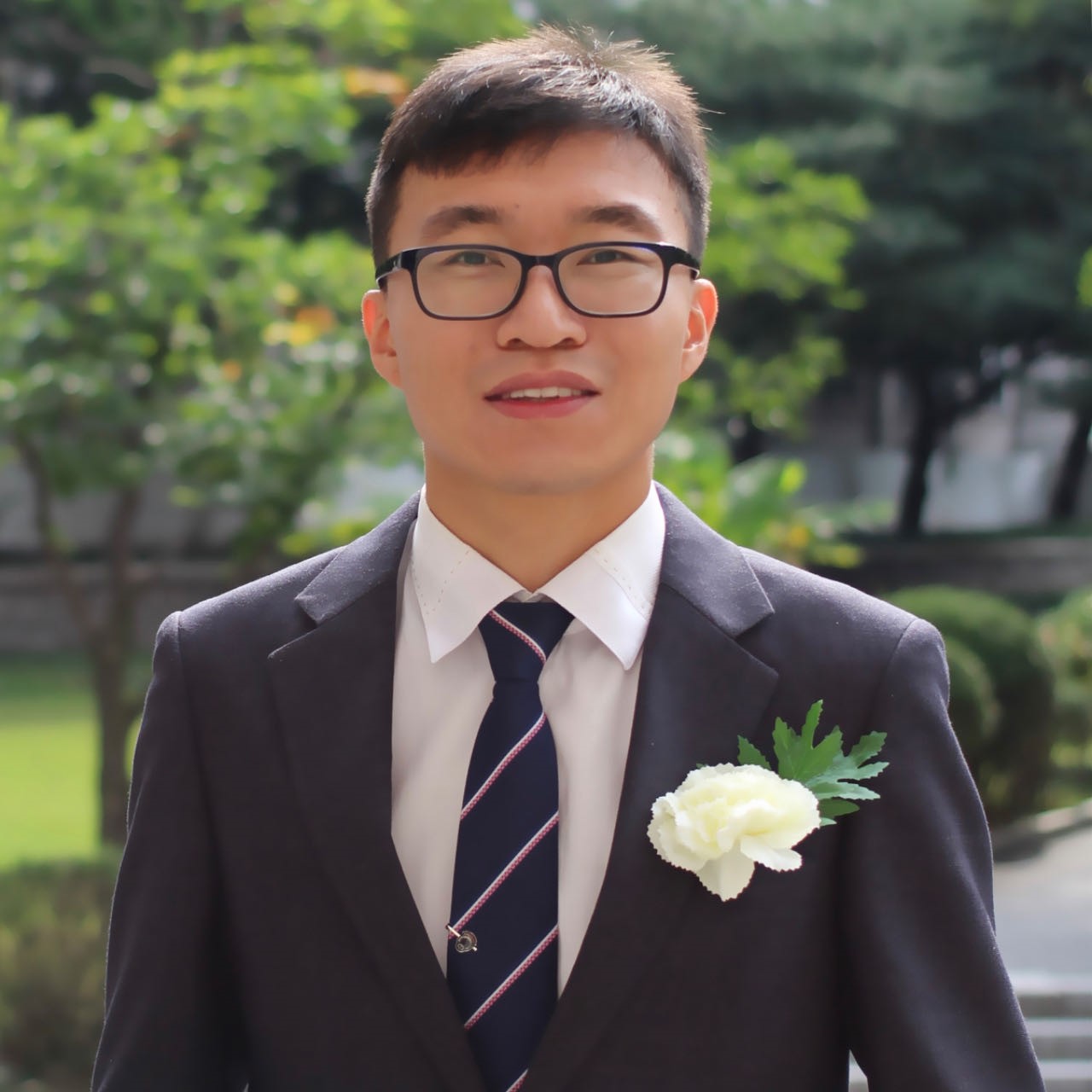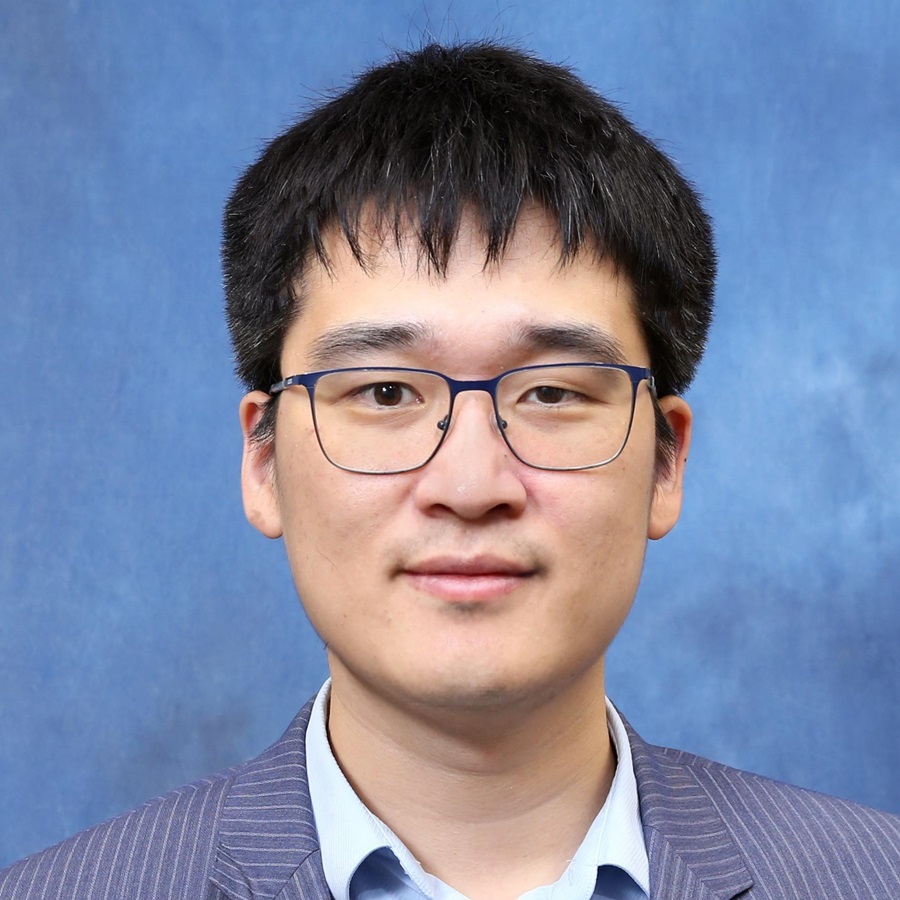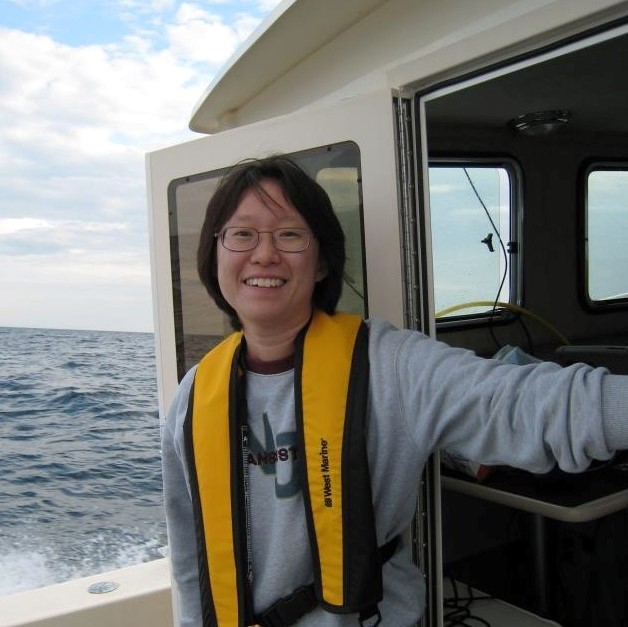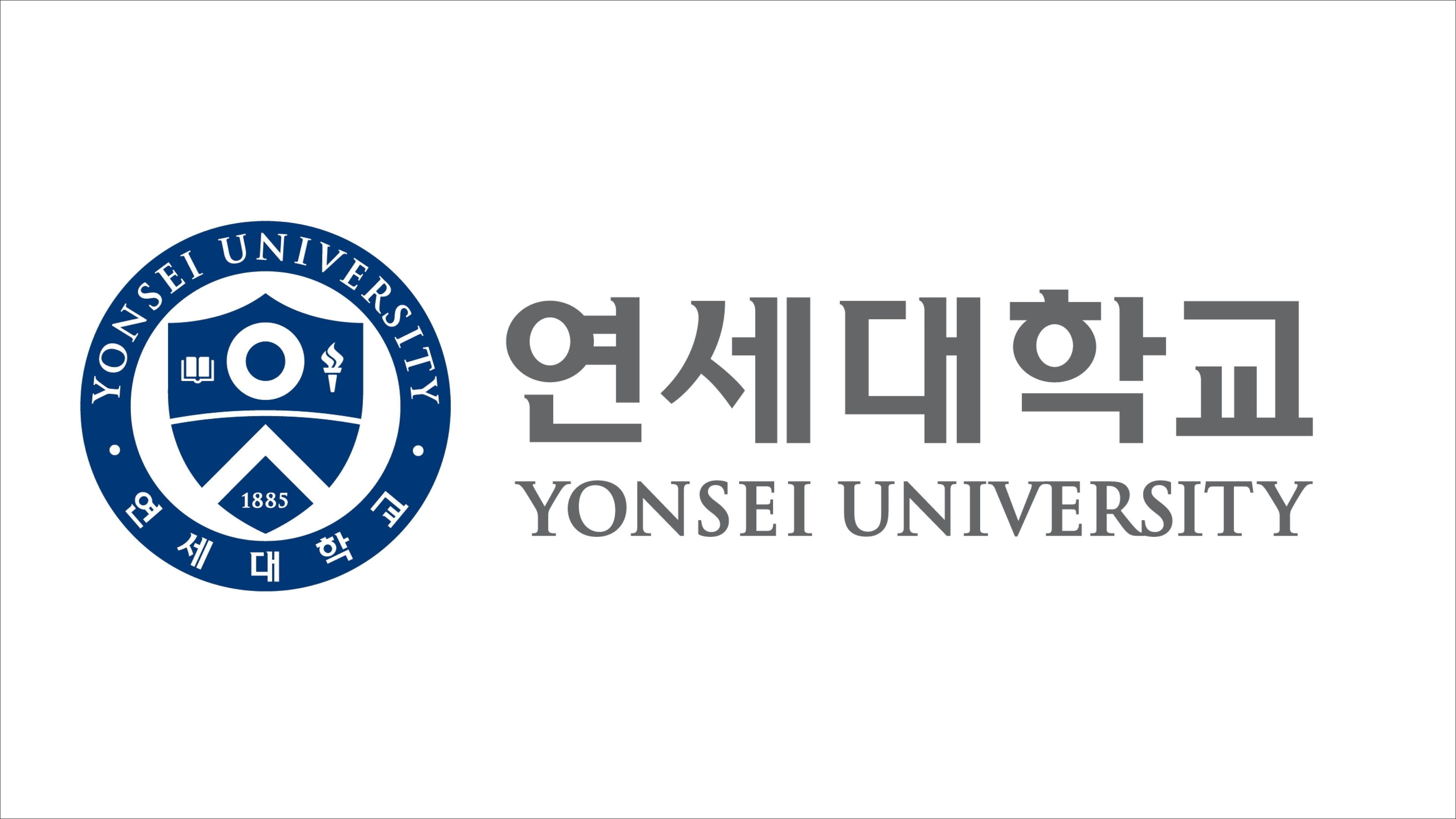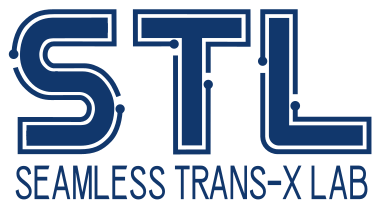Introduction
Multispectral imaging is revolutionizing the fields of robotics and automation by providing richer information beyond the visible spectrum. Traditional RGB cameras capture only a narrow band of the electromagnetic spectrum, limiting the data available for computer vision systems. Multispectral cameras expand this capability by sensing light across a broader range of wavelengths, including infrared, ultraviolet, and other portions of the spectrum invisible to the human eye.
This additional spectral information unlocks powerful new applications in robotics and automation. Multispectral data can be used for enhanced material classification, detecting various objects, identifying chemical signatures, and perceiving environmental factors like moisture and temperature. Additionally, in autonomous driving, multispectral imaging allows vehicles to detect lane markings better, read traffic signals, and identify obstacles in challenging conditions like adverse weather situations and darkness. Such capabilities have transformative potential for industrial inspection, agricultural automation, search and rescue operations, self-driving cars, and countless other domains.
The Multispectral Imaging for Robotics and Automation (MIRA) workshop aims to bring together leading researchers exploring this emerging interdisciplinary area at the intersection of multispectral imaging, computer vision, robotics, and automation.
Join us to discuss the latest breakthroughs, share cutting-edge research, and forge new collaborations driving innovation in this exciting field!
Call For Papers
We invite original, unpublished work that advances spectral sensing, processing, and applications in robotic and automated systems. Submissions may include full papers (up to 8 pages). Relevant topics include but are not limited to:
- Sensor & Fusion: Multispectral data acquisition, calibration, and fusion with LiDAR/RADAR/thermal/event cameras
- Perception & Vision: Detection, segmentation, SLAM, and through-obstacle imaging in challenging conditions (weather, low-light, underwater)
- Learning & Adaptation: Self-/unsupervised learning, domain adaptation, generative methods, explainability, and few/zero-shot learning for spectral data
- Applications: Industrial inspection, agriculture, autonomous vehicles (ground/AUV/UAV), medical robotics, and human–robot systems
- Systems & Data: Edge computing, real-time processing, dataset curation, benchmarks, and standardization
- Emerging Directions: Vision-language integration, digital twins, swarm spectral perception, and ethical/environmental considerations
- ...
Paper Submission Guidelines:
- All submissions will be collected electronically via workshop's OpenReview portal: https://openreview.net/group?id=thecvf.com/ICCV/2025/Workshop/MIRA.
- Please note, all submitting authors must have an Openreview profile, if you do not have one, please create one as soon as possible by using an institutional email. Papers that have been previously published or are currently under review elsewhere will not be accepted.
- Submissions should adhere to the formatting standards outlined by the International Conference on Computer Vision (ICCV), which can be found at https://iccv.thecvf.com/Conferences/2025/AuthorGuidelines.
- The paper should not exceed 8 pages, including figures and tables. However, additional pages are permissible solely for references. Submitted papers must be anonymized and use the ICCV LaTeX template ("ICCV 2025 Author Kit"). Papers that are not properly anonymized, or do not use the template, or have more than eight pages (excluding references) will be rejected without review.
- All accepted papers are going to be presented in poster session and will be published in the ICCV 2025 Workshop proceedings.
- Selected papers will be invited to submit an extended version to "Embodied Multi-Modal Data Fusion for Robot Continuous Perception" Special Issue of the Pattern Recognition Letters.
Important Dates
| Call for papers announced | May 10, 2025 |
| Paper submission deadline | July 1, 2025 (11:59 PM Honolulu time) |
| Notifications to accepted papers | July 10, 2025 |
| Camera-ready submission deadline | August 15, 2025 (11:59 PM Honolulu time) |
| Workshop date | October 19, 2025 - Conference Room 310 |
Keynote Speakers
Schedule (October 19th, 2025)
| Time | Details | |
|---|---|---|
| 09:00 AM – 09:15 AM | Organizers: Opening Remarks | |
| 09:15 AM – 09:45 AM |
Invited Talk 1: Ayoung Kim Seoul National University (SNU) |
|
| 09:45 AM – 10:15 AM |
Invited Talk 2: Simon Hadfield University of Surrey |
|
| 10:15 AM – 10:45 AM | Coffee Break | |
| 10:45 AM – 11:15 AM |
Invited Talk 3: Ko Nishino Kyoto University |
|
| 11:15 AM – 11:45 AM |
Invited Talk 4: Björn Ommer Ludwig Maximilian University of Munich (LMU) |
|
| 11:45 AM – 1:30 PM | Lunch Break | |
| 1:30 PM – 2:20 PM | Accepted Paper Presentations | |
| 2:20 PM – 2:50 PM |
Invited Talk 5: Lin Wang Nanyang Technological University (NTU) |
|
| 2:50 PM – 3:20 PM |
Invited Talk 6: Tianfan Xue Chinese University of Hong Kong |
|
| 3:20 PM – 3:50 PM | Coffee Break | |
| 3:50 PM – 4:20 PM |
Invited Talk 7: Siheng Chen Shanghai Jiao Tong University |
|
| 4:20 PM – 4:35 PM | Organizers: Closing Remarks |
Accepted Papers
| 1. Task-Driven Neural Adaptive Gain Control: 16-bit-to-8-bit Thermal Tone Mapping for Superior Object Detection Hossein Javidnia |
| 2. Towards a Generalizable Fusion Architecture for Multimodal Object Detection Jad Berjawi, Yoann DUPAS, Christophe Cérin |
| 3. TY-RIST: Tactical YOLO Tricks for Real-time Infrared Small Target Detection Abdulkarim Atrash, Omar Moured, Jiaming Zhang, Yufan Chen, Seyda Ertekin, Ömür Uğur |
| 4. IVIFormer: Illumination-Aware Infrared-Visible Image Fusion via Adaptive Domain-Switching Cross Attention Incheol Park, Youngwan Jin, Yagiz Nalcakan, Hyeongjin Ju, Sanghyeop Yeo, Shiho Kim |
| 5. Would SWIR modality help for detection and segmentation in harsh weather conditions? An experimental study. Rohan Mehra, Alexandre Riffard, Mathieu Labussière, Pierre Duthon, Romuald Aufrère |
Organizers
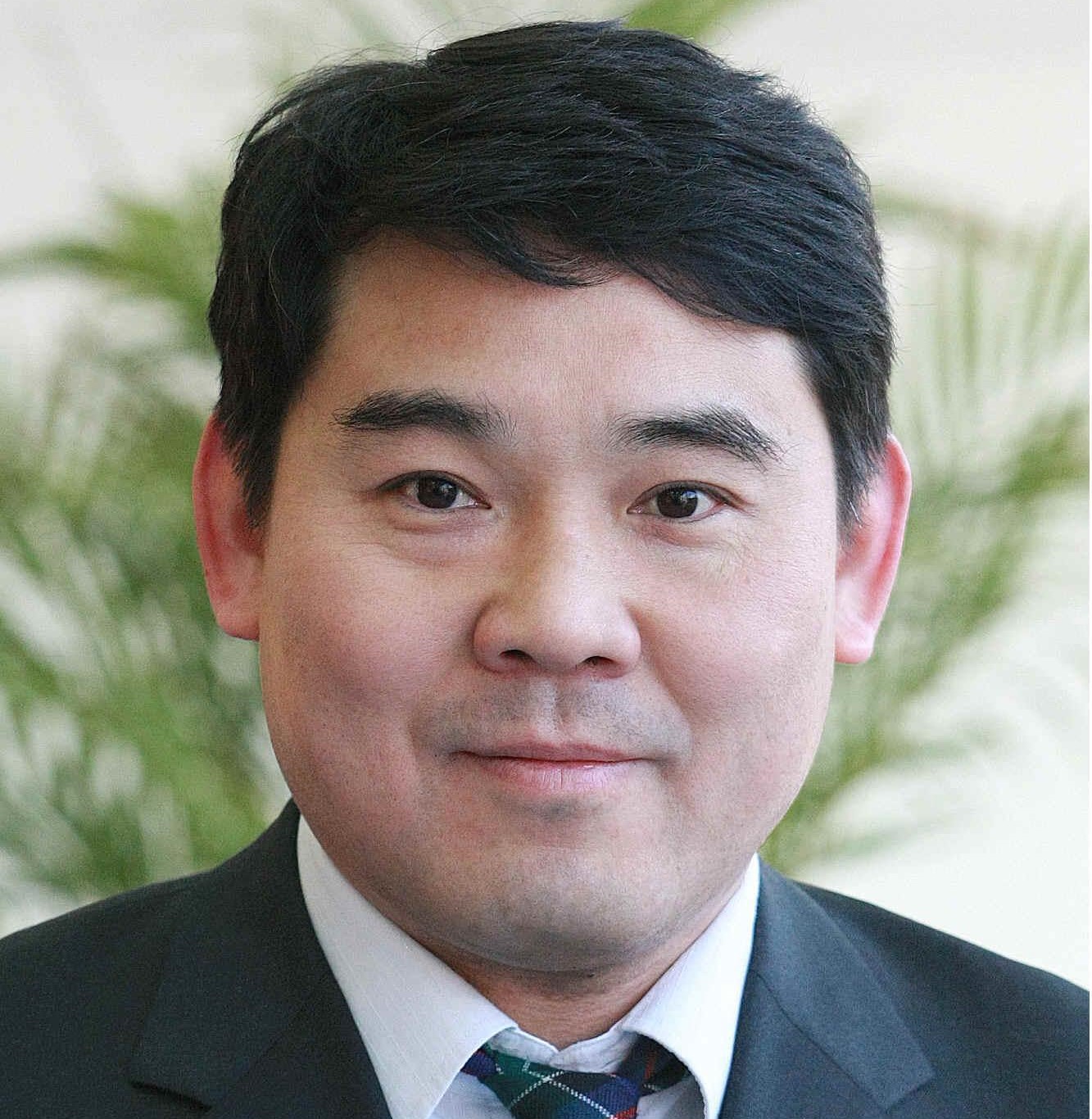
Yonsei University

Yonsei University

Tongji University

Hunan University
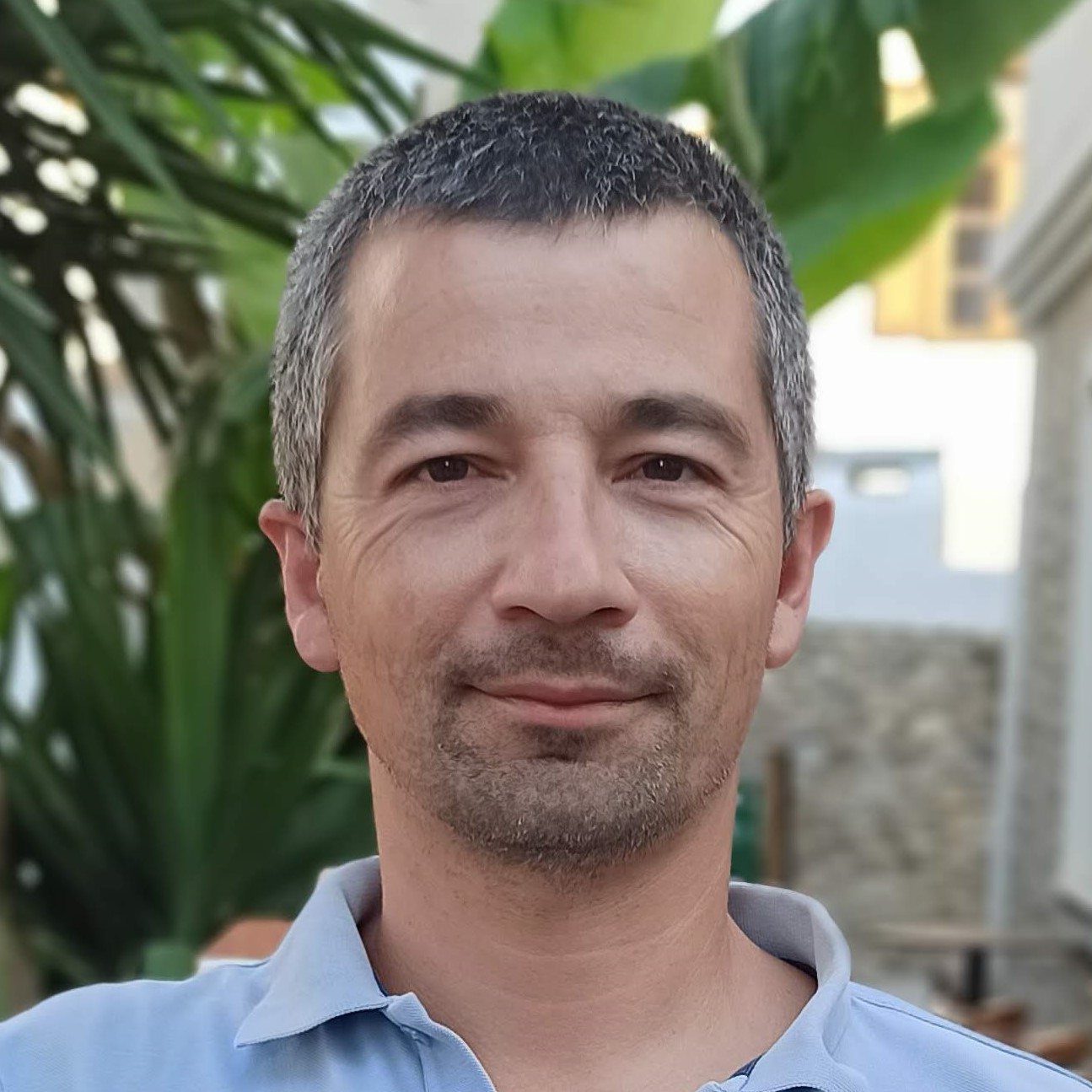
Izmir Institute of Technology

Seoul National University
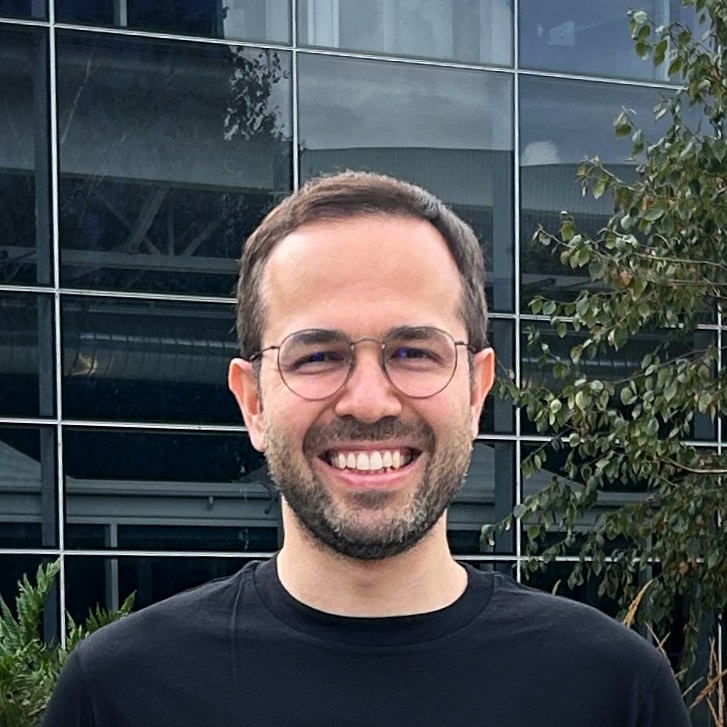
Karlsruhe Institute of Technology (KIT) & Forschungszentrum Informatik (FZI)

Carnegie Mellon University

Slovak University of Technology in Bratislava
Program & Technical Committee
- Wei Ye - Tongji University
- Chenfei Liao - The Hong Kong University of Science and Technology
- Mengtan Zhang - Tongji University
- Hongbo Zhao - Tongji University
- Youngwan Jin - Yonsei University
- Incheol Park - Yonsei University
- Ruiping Liu - Karlsruhe Institute of Technology (KIT)
- Sanghyeop Yeo - Yonsei University
- Yi Feng - Tongji University
- Alexander Jaus - Karlsruhe Institute of Technology (KIT)
- Jinsun Park - Pusan National University
- İbrahim Çınaroğlu - Karamanoglu Mehmetbey University
- Xu Zheng - The Hong Kong University of Science and Technology
- Rakesh Chowdary Machineni - Rockwell Automation
- Hyeongjin Ju - Yonsei University
- Junwei Zheng - Karlsruhe Institute of Technology (KIT)
Contact
To contact the organizers please use multispectral4ra@outlook.com and ynalcakan@yonsei.ac.kr
Acknowledgments
Thanks to visualdialog.org and L3DS workshop team for the webpage format.
연세대학교 BK21 FOUR 지능형 반도체 IT융합 혁신인재 양성사업단 - BK21 Graduate Program in Intelligent Semiconductor Technology, Yonsei University





